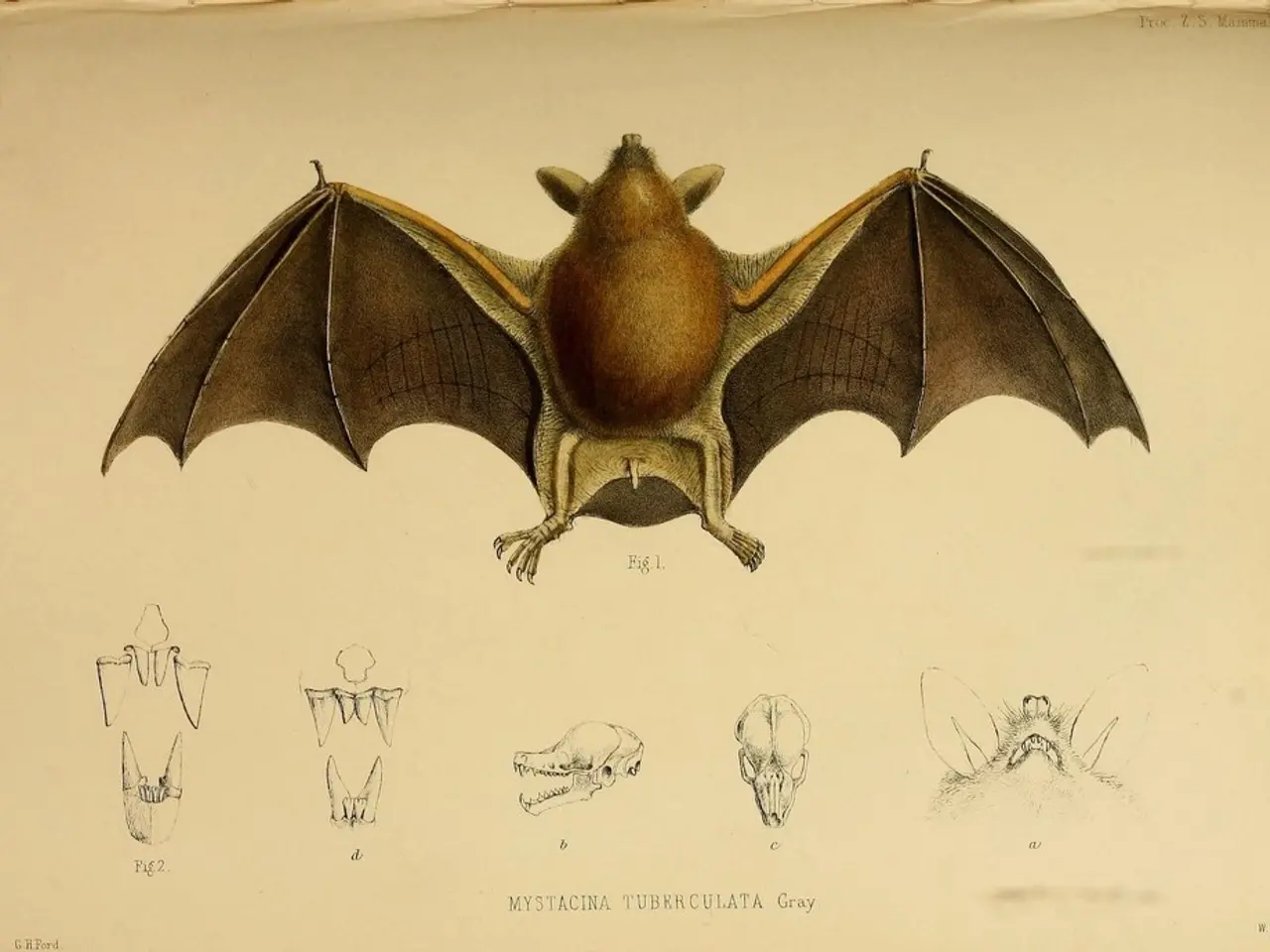New facility launched by SK On for testing solid-state battery technology
University of Münster and Helmholtz Institute Collaborate on Long-Life Sulfide-Based Battery Cells
The University of Münster's MEET Battery Research Center and the Helmholtz Institute Münster are working together to develop durable sulfide-based solid-state battery cells with a long lifespan. This development is due to a protective layer on the lithium-metal anodes, a significant advancement in the field of solid-state batteries.
The facilities involved are primarily focused on the development of sulfide-based cells and lithium-metal batteries. The protective layer on lithium-metal anodes is expected to provide similar benefits through a combination of material mixing, electrode structure, and optimized pressing conditions, without the limitations of the Warm Isostatic Press (WIP) process.
Across the Atlantic, SK On is also making strides in solid-state battery technology. In 2022, SK On began collaborating with US-based Solid Power in this field. The company aims to commercialize their solid-state battery technology by 2029, an extension from their original plan due to the use of the protective layer on lithium-metal anodes.
SK On's proprietary manufacturing technology eliminates the need for the WIP process, a significant step towards mass production. The protective layer on lithium-metal anodes, developed by SK On and Hanyang University in 2025, is a key factor in the extended cycle life of sulfide-based solid-state cells.
In 2025, SK On and Hanyang University reported a significant extension in the cycle life of sulfide-based solid-state cells. This extension could potentially lead to longer battery lifespans, a crucial factor in the advancement of electric vehicles and renewable energy storage.
SK On targets cells with an energy density of 800 watt-hours per liter, with plans to increase this to 1,000 watt-hours per liter in the long run. The company's pilot plant for solid-state batteries, located at the SK On Institute of Future Technology in Daejeon, covers an area of approximately 4,600 square meters.
The protective layer on lithium-metal anodes could contribute to the advancement of SK On's solid-state battery technology, potentially revolutionizing the electric vehicle and renewable energy storage industries. The cycle life extension of sulfide-based solid-state cells is a promising development in the quest for more durable, efficient, and environmentally friendly energy solutions.
Read also:
- AI-Enhanced Battery-Swapping Station in Southeast Asia Officially Opens Its Doors
- Honda unveils blueprint for design, advanced driver assistance systems, electric vehicles, fuel efficiency, and technology development
- Rising Tesla Sales in China, Model Y Led the Pack in October Sales Figures
- Expanded Scout Lineup Unveiled: The Traveler and Terra – Electrified, Extended Range Vehicles with Integrated Front Trunks, Offered in Both SUV and Truck Variants








